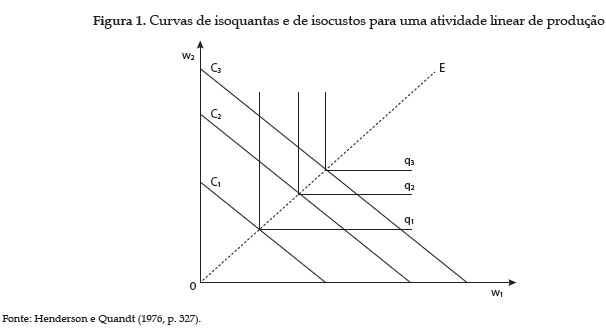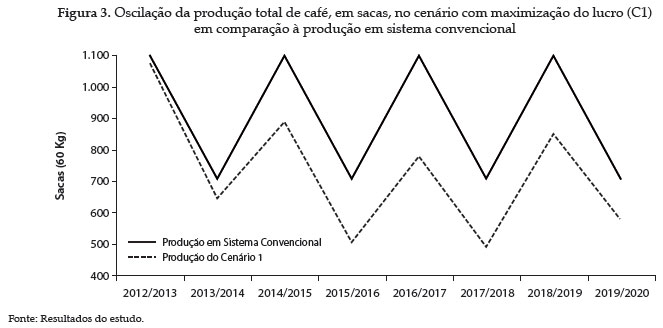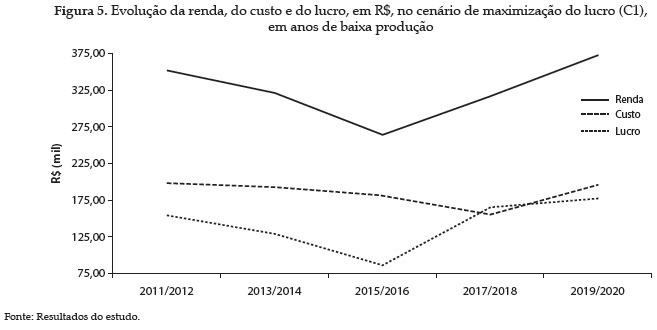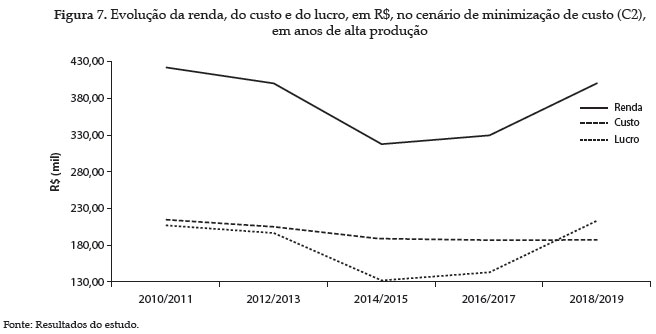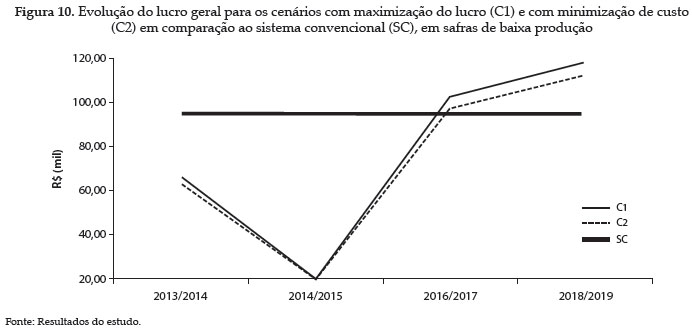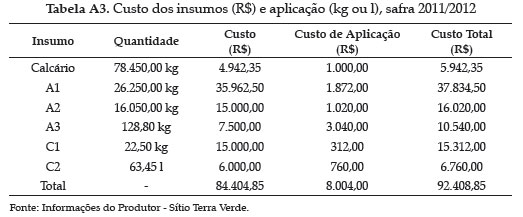One of the processes of the Organic Agriculture is the conversion, in which the agricultural activity is converted from conventional farming to the organic one. In the coffee case, the conversion from conventional to the organic system may bring some benefits, for example, the independence of external inputs, lower risk to health and it can provide more profits to the producer. Thus, this research aims to verify the economic viability of the organic coffee production of a rural property called Sítio Terra Verde, in Espírito Santo do Pinhal, São Paulo State, to convert from conventional to organic production. It was used linear programming to maximize profit and minimize costs of coffee production in two scenarios. The conversion planning has three stages: input replacement, conversion and organic production. The results showed that the adoption of organic technique provided higher profits for the producers than the conventional system at the end of the conversion period, when coffee prices increase. It was concluded that the adoption of organic management for the coffee farming can be economically viable, but it is extremely dependent on the price gap between conventional and organic systems.
Organic agriculture; coffee; conversion process; linear programming

